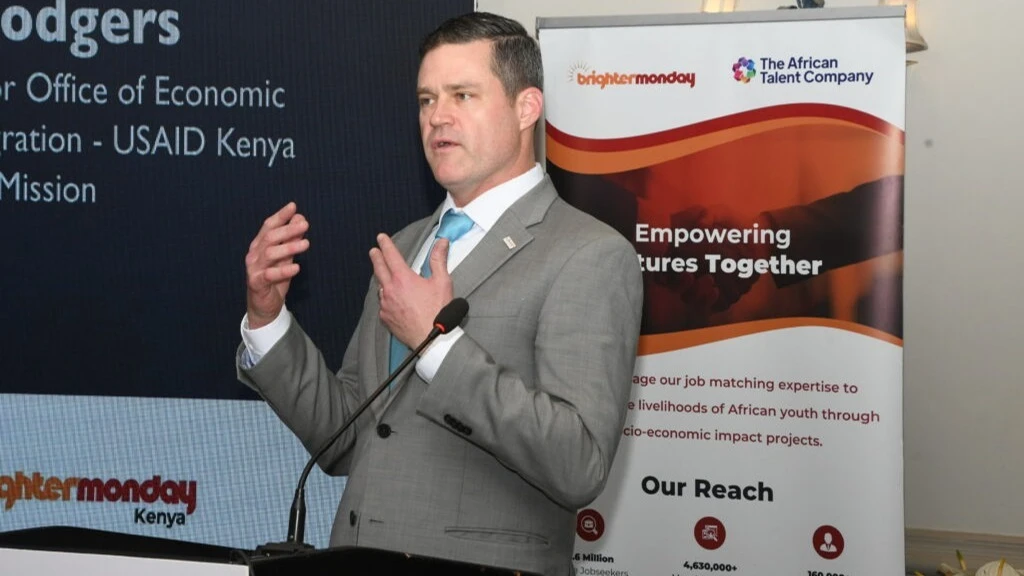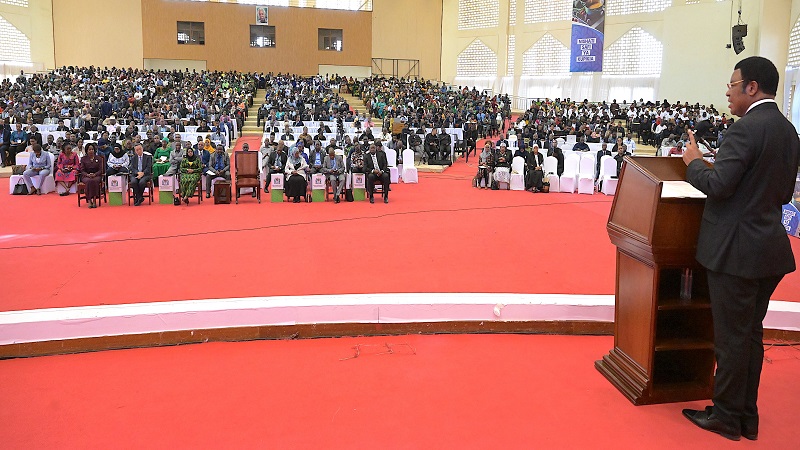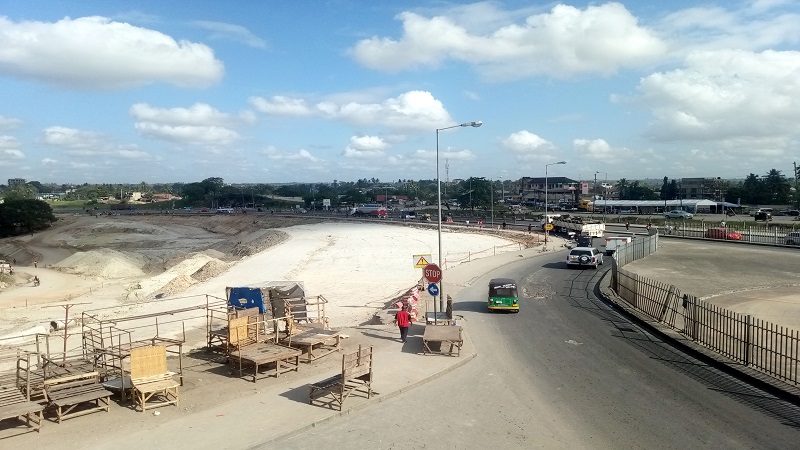Lessons Tanzania can learn from global good governance index 2024

TANZANIA is ranked 80th out of 113 surveyed countries in good governance across the world, according to Chandler Good Governance Index (CGGI) 2024 Report published by the Chandler Institute of Governance (CIG).
Although Tanzania is preceded by 79 surveyed economies, it is ahead of 33 countries in this ranking. The overall ranking is in eight pillars, namely leadership and foresight, robust laws and policies, strong institutions, financial stewardship, attractive marketplace, global influence and reputation and helping people to rise.
In each of the eight pillars surveyed countries were measured in this manner. In leadership and foresight, each country was measured against ethical leadership, long-term vision, adaptability, strategic prioritisation and innovation. In robust laws and policies, each surveyed country was measured against the quality of the judiciary, transparency and regulatory governance. In strong institutions, each surveyed country was measured against coordination, data capability, implementation and the quality of bureaucracy. In financial stewardship, each surveyed country was measured against government debt, country budget surplus, spending efficiency and country risk premium.
In an attractive marketplace, each surveyed country was measured against property rights, macroeconomic environment, attracting investments, logistics competence and stable business regulations. In global influence and reputation, each surveyed country was measured against international trade, international diplomacy, national brand and passport strength, and finally in helping people to rise, each surveyed country was measured against education, health, satisfaction with public services, personal safety, environmental performance, income distribution, gender gap, social mobility and non-discrimination.
In each pillar, Tanzania is ranked as follows with its positions (in descending order) in brackets: financial stewardship (46th), followed by leadership and foresight (57th), attractive market place (67th), global influence and reputation (90th), strong institutions (92nd), robust laws and policies (93rd), and helping people to rise (93rd).
In Chandler Good Governance Index 2023 Report, Tanzania also was ranked 80th out of 104 surveyed economies. In this report, although Tanzania was preceded by 79 economies, it was ahead of 24 economies. Its performance in eight pillars was as follows in descending order: financial stewardship (52nd), leadership and foresight (57th), attractive market place (65th), global influence and reputation (75th), helping people to rise (85th), strong institutions (88th) and robust laws and policies (91st).
In this year’s ranking in East Africa, only four countries are ranked with their positions in brackets, namely Rwanda (56th), Tanzania (80th), Kenya (91st) and Uganda (91st). Burundi, the Democratic Republic of Congo (DRC), Somalia and South Sudan were not surveyed, perhaps due to lack of data.
In last year’s ranking in East Africa, Tanzania was preceded by two countries, namely Rwanda, which was ranked 52nd and Kenya, which was ranked 76th, but Tanzania was ahead of Uganda, which was ranked 85th. Only four countries were ranked as shown in descending order, namely Rwanda, Kenya, Tanzania and Uganda.
The report suggests 10 lessons governments can learn from this analysis especially when initiating reforms and maintaining them in line with good governance. These include strategic thinking, coordinated policies, fiscal prudence, low inflation, high rates of investment, a competitive marketplace, international trade openness, macroeconomic stability, leadership, teamwork, and a clear vision.
Furthermore, the report says governments should seek to govern with a view to being better tomorrow than they are today. “Good governance has become a more complex and precarious field than ever. At the same time, new opportunities and prospective ways of governing are emerging. We see the CGGI and this report as contributing to a culture of learning, adaptation, and change—helping countries to understand where they stand as they navigate today’s uncertain world and prepare for tomorrow’s challenges.”
The report focuses on four domains: geopolitical stability, socioeconomic development, technological advancements and environmental challenges. It says geopolitical stability is crucial for security and people’s wellbeing as it provides necessary conditions for sustainable development, economic prosperity, effective governance, and positive engagement in the global community. As regards socioeconomic development, the report says it calls for governments working with businesses and investors to ensure a steady flow of resources, capital, and talent to their respective country (governance competition).
As regards technological advancements, the report appreciates the role played by emerging technologies such as artificial intelligence (AI) in this rapidly evolving world, while at the same time cautioning its associated risks. However, it says, “in this rapidly evolving space, slow-moving governments are especially vulnerable.”
In relation to environmental challenges, the report is wary of extreme weather events, critical change to earth systems, biodiversity loss and ecosystem collapse and natural resource shortages by 2034. “Worryingly, countries most at risk of these nature-based challenges are also among the least prepared to effectively govern and manage them,” the report says. On environmental challenges the report stresses the urgent need for countries to address governance issues that hinder efforts to mitigate these and other anticipated environmental risks.
Helping people to rise is a key pillar in good governance, according to this report. This pillar focuses on education, health, satisfaction with public services, personal safety, environmental performance, income distribution, social mobility, gender gap and non-discrimination. It is all about governments to use their capabilities to create enabling conditions for their people from all walks of life to achieve their fullest potential. “Good public outcomes mean enhanced opportunities and a better quality of life for people. These in turn improve trust in government.”
Top Headlines
© 2024 IPPMEDIA.COM. ALL RIGHTS RESERVED

























